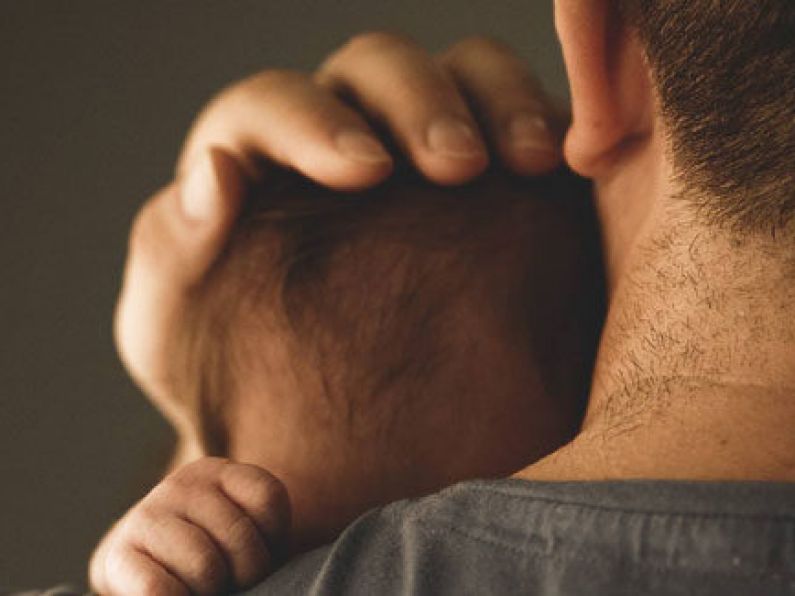A new parental leave scheme could see firms discriminate when hiring new staff, a body representing small and medium-sized enterprises has warned.
ISME criticised Government plans to give new parents two weeks’ paid parental leave. It claimed small companies will find it very difficult to provide the new benefit.
The scheme, which is due to be introduced from November, is intended to help 60,000 people initially and would be extended to seven weeks’ paid parental leave over the next three years.
ISME chief executive Neil McDonald said the measure could influence how companies hire staff which, he said, is one of the "unforeseen circumstances" behind the move announced by Social Protection Minister Regina Doherty.
"That's obviously not what anyone wants to see happening but if you are running a small business with three or four employees you do run a serious risk that at any one period of time you could be losing up to half your workforce. So it is natural and human that some people will think of that before they make a hiring decision," he said.
CIPD Ireland, the umbrella body for human resource, learning and development professionals, also called for further consultation ahead of the proposed introduction of the new parental leave scheme.
“We are concerned at the potential for confusion as this is the fourth type of leave that will be allowed for, with the system allowing for maternity leave, unpaid parental leave, paid paternity leave and now paid parental leave. Every effort must be made to ensure employers fully understand their obligations, and employees understand their rights," CIPD Ireland director Mary Connaughton said.
While State employees are set to benefit from full pay under the new scheme, there is no similar obligation on private employers. Figures compiled by CIPD Ireland show that overall 47% of employers top-up maternity leave, while only 37% top up paternity leave.






